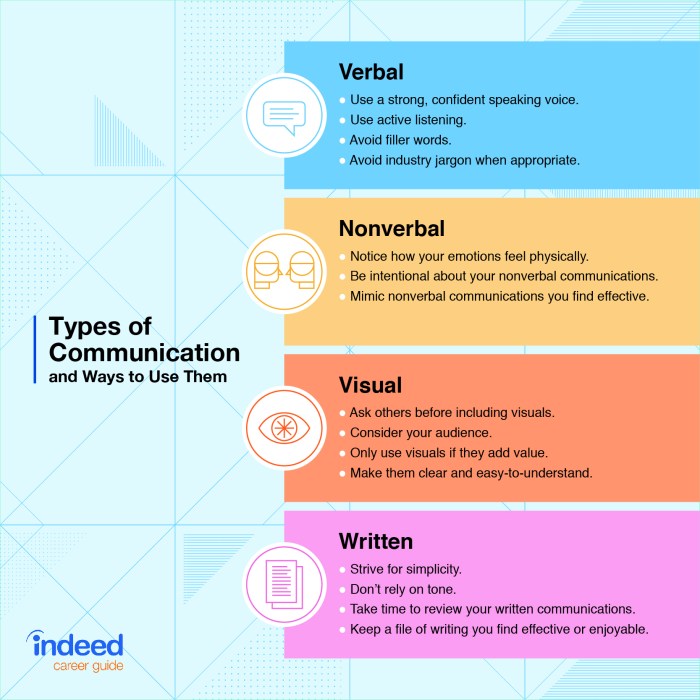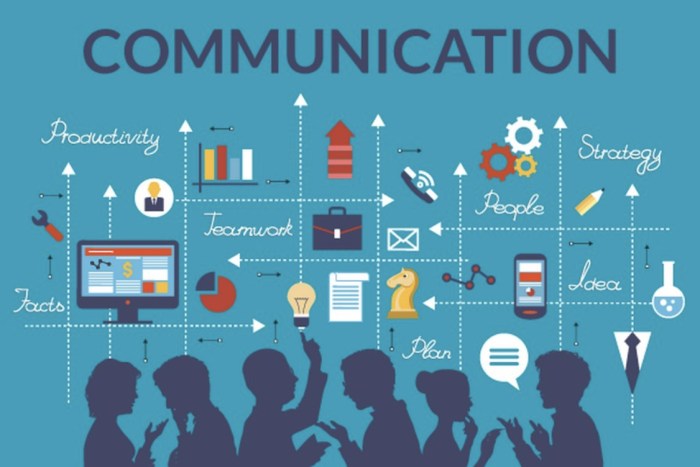As “Which Statement About Marketing Is Most Accurate?” takes center stage, this opening passage beckons readers into a world crafted with authority, ensuring a reading experience that is both absorbing and distinctly original.
Marketing, a multifaceted discipline that encompasses the identification, anticipation, and satisfaction of customer needs, plays a pivotal role in driving business success. It involves a myriad of strategies, channels, and metrics, all working in concert to build brand awareness, generate leads, and ultimately drive sales.
Definition of Marketing

Marketing encompasses a broad range of activities designed to promote and sell products or services to satisfy customer needs and wants. It involves identifying and targeting potential customers, developing and executing marketing campaigns, and managing customer relationships.
A concise definition of marketing is the process of creating, communicating, delivering, and exchanging offerings that have value for customers, clients, partners, and society at large.
Key elements involved in marketing include market research, product development, pricing, promotion, distribution, and customer service.
Importance of Marketing

Marketing is crucial for businesses as it drives revenue growth, increases brand awareness, and establishes customer loyalty. Effective marketing can:
- Attract new customers and expand market share
- Generate leads and increase sales
- Build strong customer relationships and foster brand loyalty
- Enhance brand reputation and create a positive perception
- Stay competitive and adapt to changing market trends
Marketing Strategies

Businesses employ various marketing strategies to achieve their goals. These strategies may include:
- Content marketing: Creating and distributing valuable content to attract and engage customers
- Social media marketing: Utilizing social media platforms to connect with customers and promote products/services
- Email marketing: Sending targeted email campaigns to nurture leads and drive sales
- Search engine optimization (): Optimizing website content to improve visibility in search engine results
- Paid advertising: Running paid campaigns on platforms like Google AdWords and Facebook Ads
Marketing Channels
Businesses have access to a range of marketing channels to reach their target audience. These channels include:
- Online channels: Website, social media, email, search engines
- Offline channels: Print advertising, television commercials, billboards
- Hybrid channels: Combining online and offline channels for a comprehensive reach
The choice of marketing channels depends on factors such as target audience, budget, and marketing objectives.
Marketing Measurement
Measuring marketing performance is essential to track progress and optimize campaigns. Key metrics used for marketing measurement include:
- Website traffic and engagement
- Lead generation and conversion rates
- Sales and revenue generated
- Customer satisfaction and loyalty
- Brand awareness and reputation
By tracking these metrics, businesses can assess the effectiveness of their marketing efforts and make informed decisions.
Emerging Marketing Trends
The marketing landscape is constantly evolving. Current and emerging trends include:
- Artificial intelligence (AI): Using AI for personalized marketing, predictive analytics, and automated campaigns
- Virtual reality (VR) and augmented reality (AR): Creating immersive and engaging marketing experiences
- Influencer marketing: Partnering with influential individuals to promote products/services
- Micro-targeting: Segmenting customers into smaller, more specific groups for tailored marketing campaigns
- Experiential marketing: Creating interactive and memorable experiences for customers
Businesses that embrace these trends can stay ahead of the curve and effectively connect with their target audience.
FAQs: Which Statement About Marketing Is Most Accurate
What is the primary goal of marketing?
The primary goal of marketing is to create value for customers and build profitable relationships with them.
What are the key elements of a marketing strategy?
The key elements of a marketing strategy include market research, target market identification, value proposition development, and marketing mix optimization.
What are the different types of marketing channels?
The different types of marketing channels include traditional channels (e.g., print, broadcast, direct mail) and digital channels (e.g., social media, search engines, email).